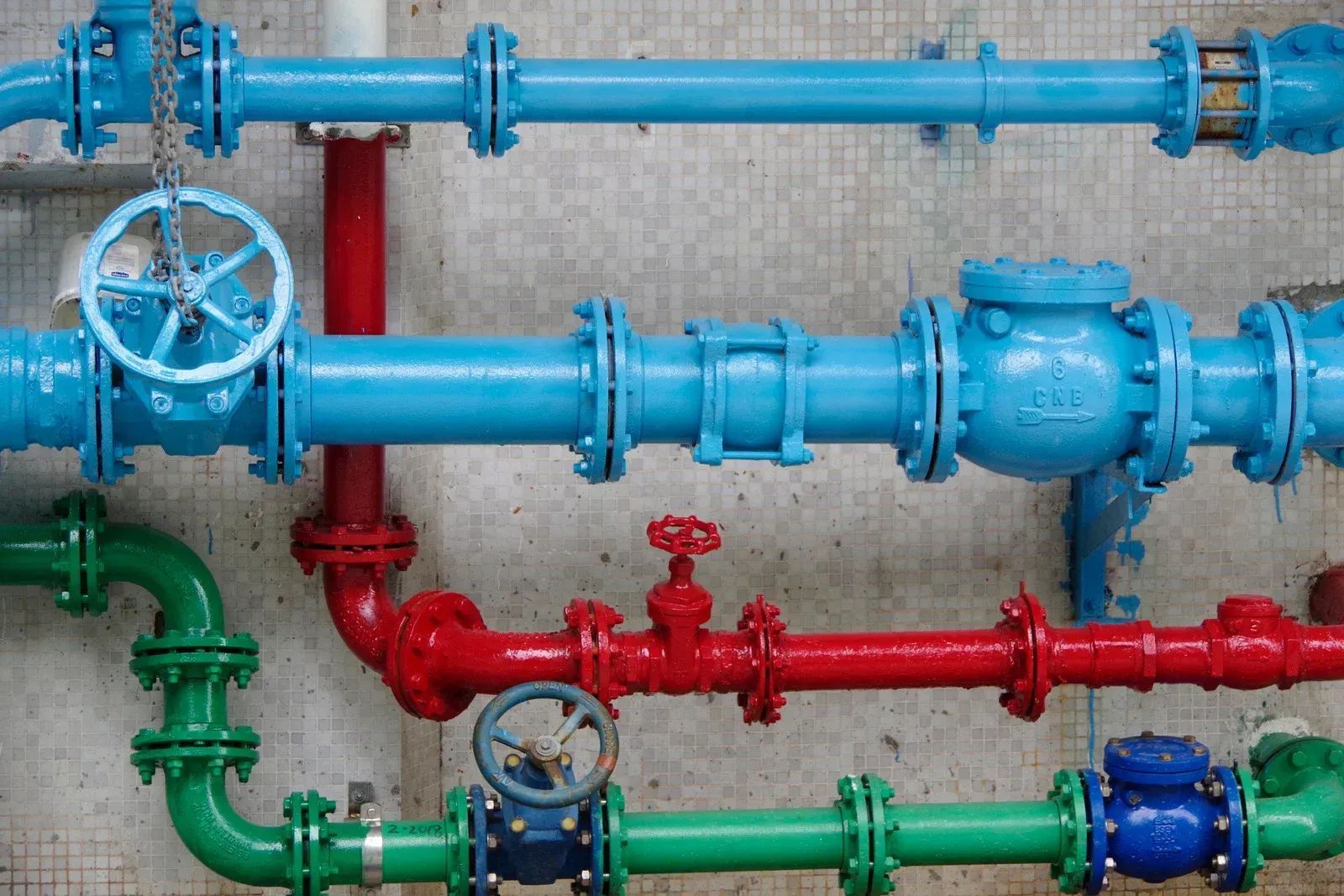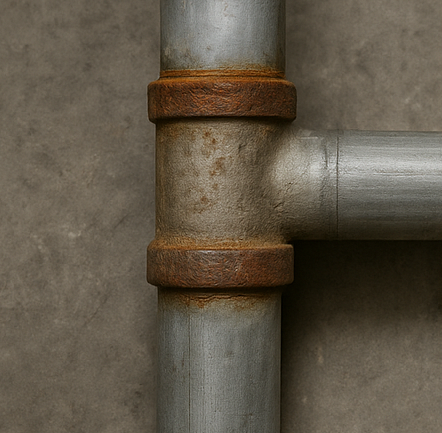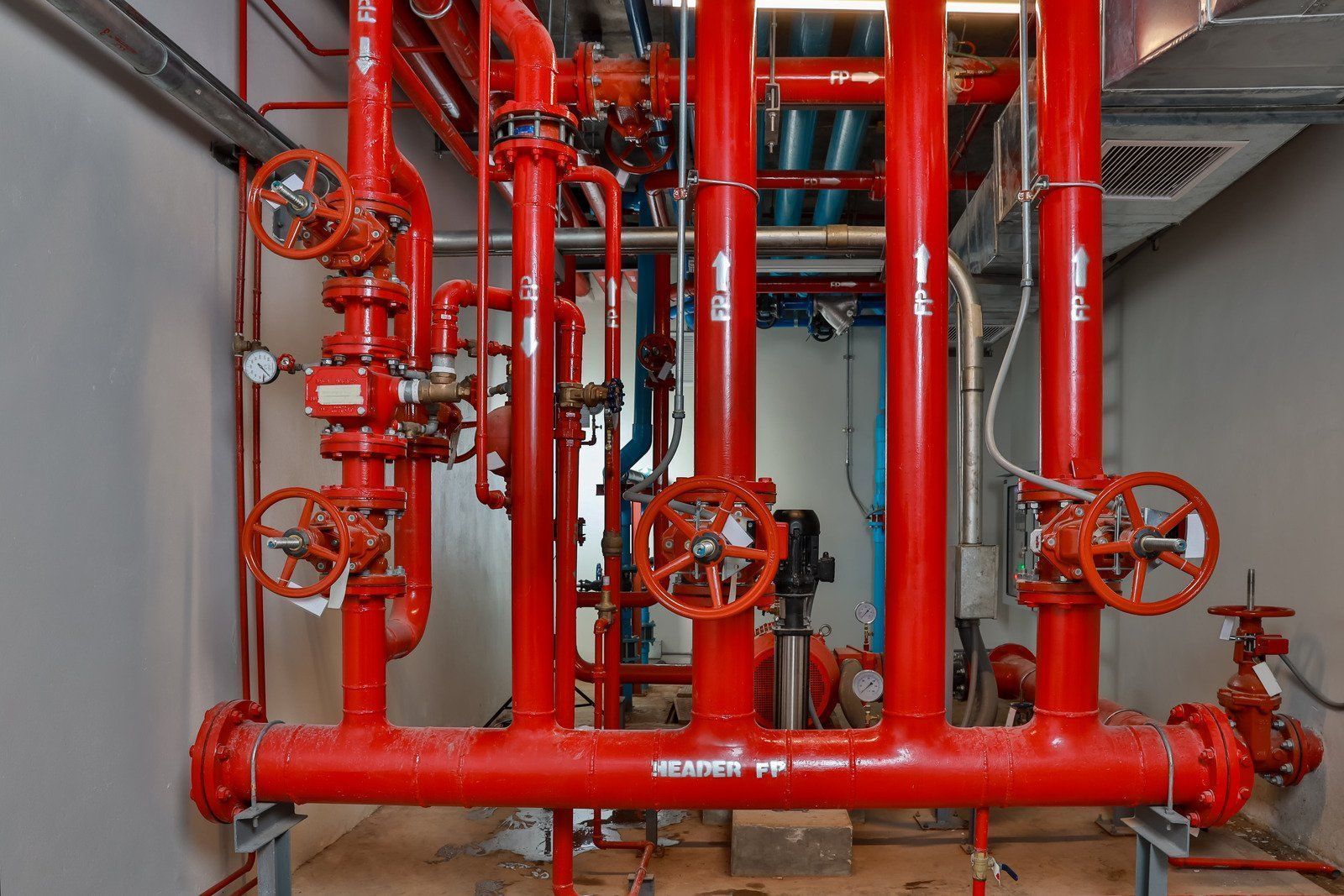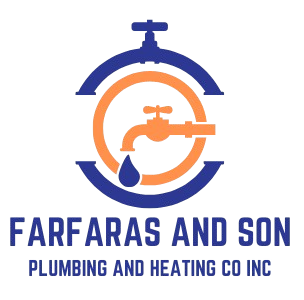Gas Piping Safety: Installation, Maintenance, and Best Practices
November 12, 2025
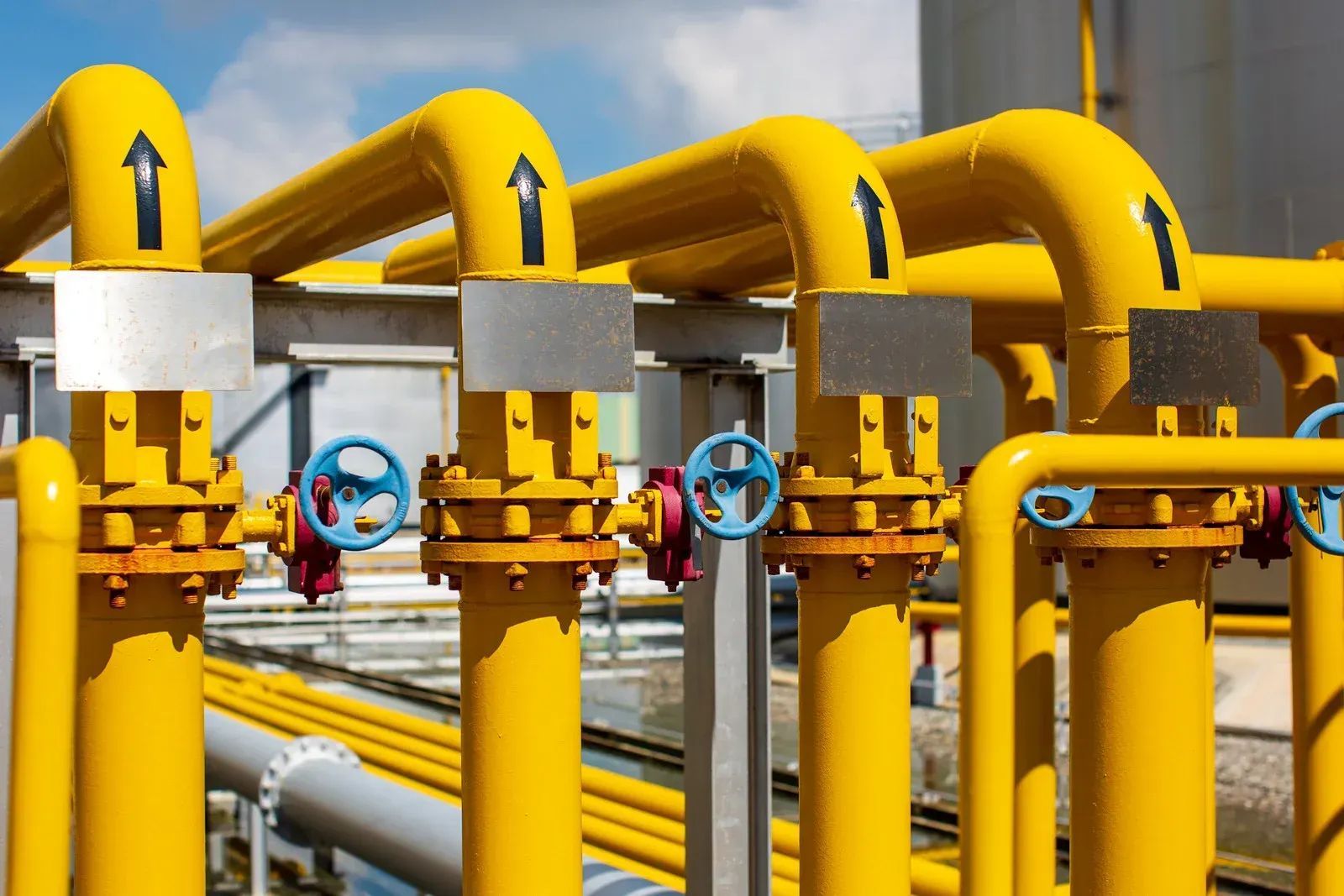
Gas piping is an essential component of homes and commercial properties, delivering fuel safely for heating, cooking, and other utilities. However, improper installation or poor maintenance can lead to serious hazards, including leaks, fires, and exposure to carbon monoxide. Ensuring gas piping systems are installed and maintained correctly is not just a legal requirement but a vital safety measure for residents and workers alike. By understanding best practices, homeowners and property managers can safeguard their spaces, extend the lifespan of their gas systems, and ensure compliance with safety regulations.
Proper Installation Techniques
Correct installation is the first step in gas piping safety. Professional plumbers follow strict codes and standards when installing gas lines. This includes using appropriate materials, such as black steel or approved flexible piping, and ensuring connections are secure and leak-free. Proper venting and shut-off valves must be installed to allow easy access in emergencies. Additionally, installers perform rigorous testing, including pressure tests, to confirm the system is sealed and functioning correctly. Incorrect installation can compromise the entire system, putting both property and lives at risk.
Regular Maintenance and Inspection
Even a well-installed gas system requires regular maintenance. Periodic inspections help identify potential issues, such as corrosion, loose fittings, or minor leaks, before they escalate. Gas meters and regulators must also be checked to ensure proper functionality. Homeowners should schedule professional inspections annually or whenever changes are made to the system. Maintenance is not just preventive—it also ensures efficiency, helping appliances perform optimally and reducing energy waste. Signs of potential problems include unusual odors, hissing sounds near pipes, or unexplained appliance malfunctions.
Leak Detection and Safety Precautions
Detecting gas leaks promptly is critical. Natural gas is odorized with a distinctive sulfur-like scent, but professional equipment such as electronic gas detectors or soap solution tests may be necessary for accurate detection. If a leak is suspected, residents should evacuate immediately and contact emergency services, avoiding any source of ignition. Best practices also include installing carbon monoxide detectors near gas appliances and keeping combustible materials away from piping. Education on emergency shut-off procedures ensures everyone in the building can respond quickly and safely in case of an issue.
Compliance with Codes and Regulations
Adhering to local, state, and national regulations is crucial. Licensed professionals are trained to follow the latest safety codes, including proper labeling, pipe sizing, and venting requirements. Compliance not only ensures safety but also mitigates legal liabilities and maintains insurance coverage in the event of an accident. Property owners should only hire certified plumbers for installation and maintenance, as their expertise is critical for long-term safety and reliability.
Trusting Experts for Gas Piping Safety
For over 65
years, Farfaras and Son Plumbing and Heating CO INC
in Billerica, Massachusetts, has been a trusted name in
gas piping installation and maintenance. Their decades of experience ensure every project follows strict safety standards while providing reliable performance. From precise installations to routine inspections, their skilled team prioritizes safety, efficiency, and peace of mind. Whether it’s a residential or commercial property, choosing us guarantees professional service backed by decades of expertise in keeping gas systems safe, secure, and compliant.
